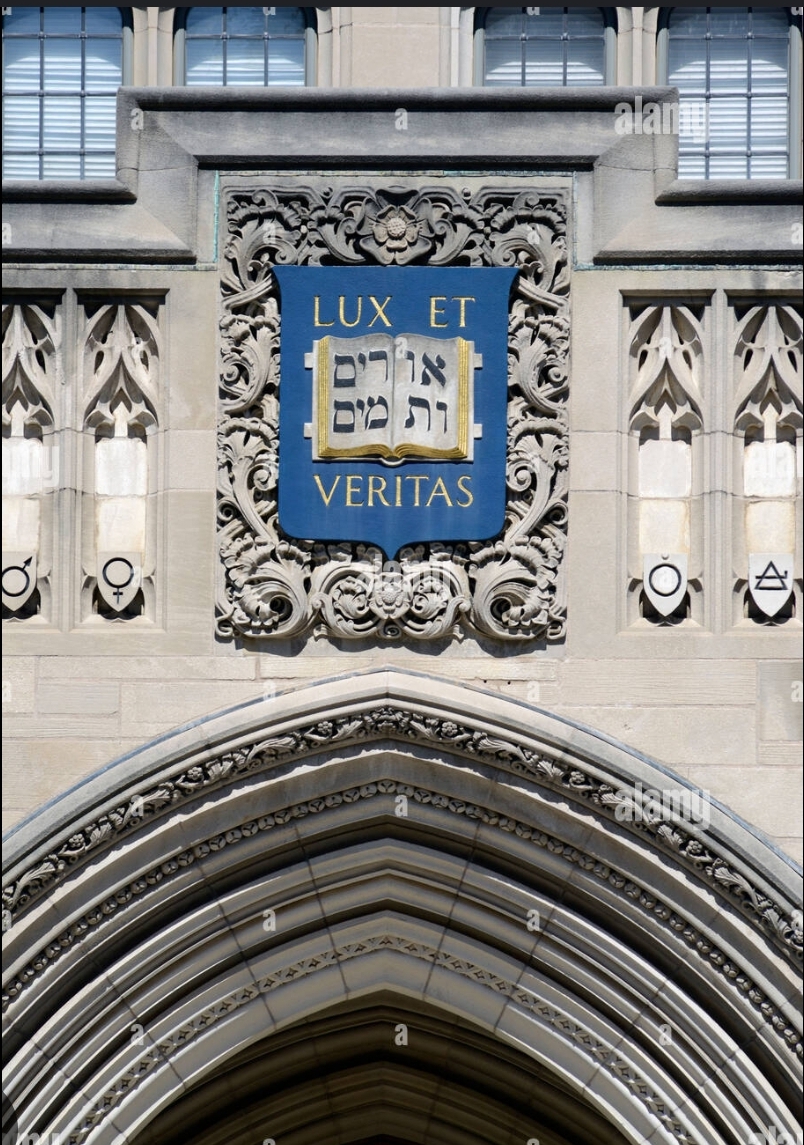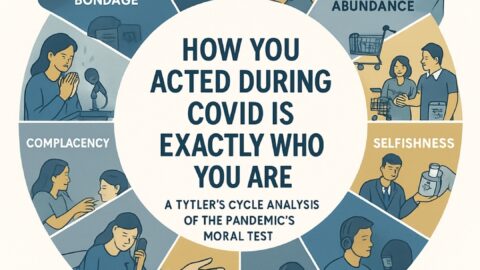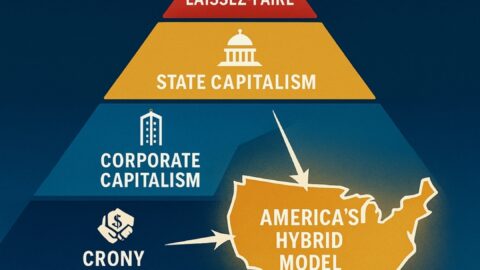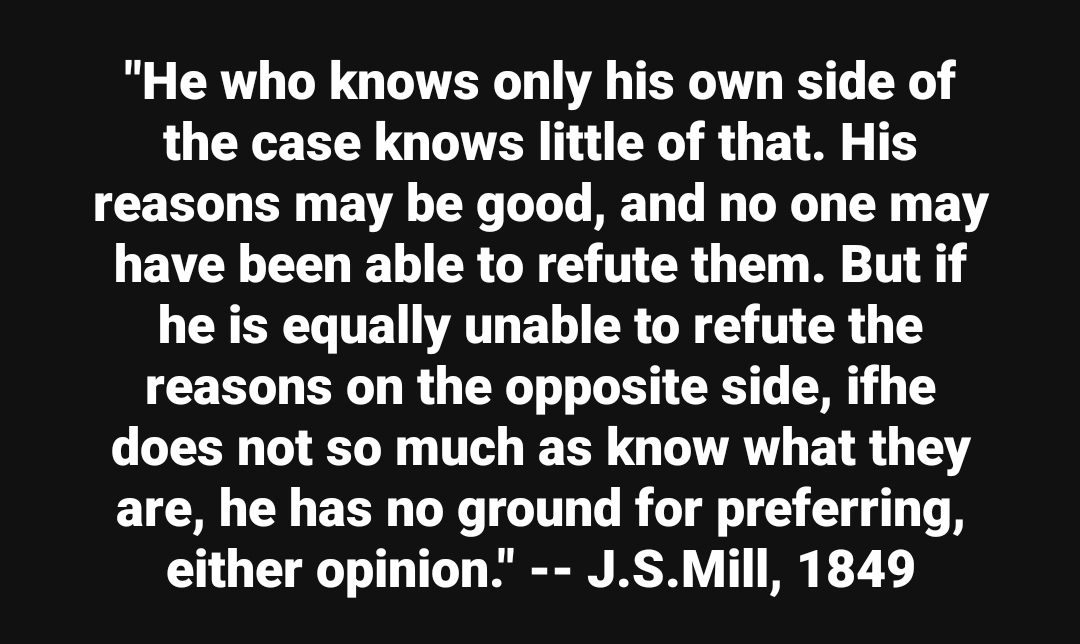
“Think of a university based on Mills principles. Clearly it will be on that will strives to represent diverse views. It’s going to reach out for viewpoint diversity and encourage a culture of debate and challenge and only in that way can we find truth together.” — Jon Haidt
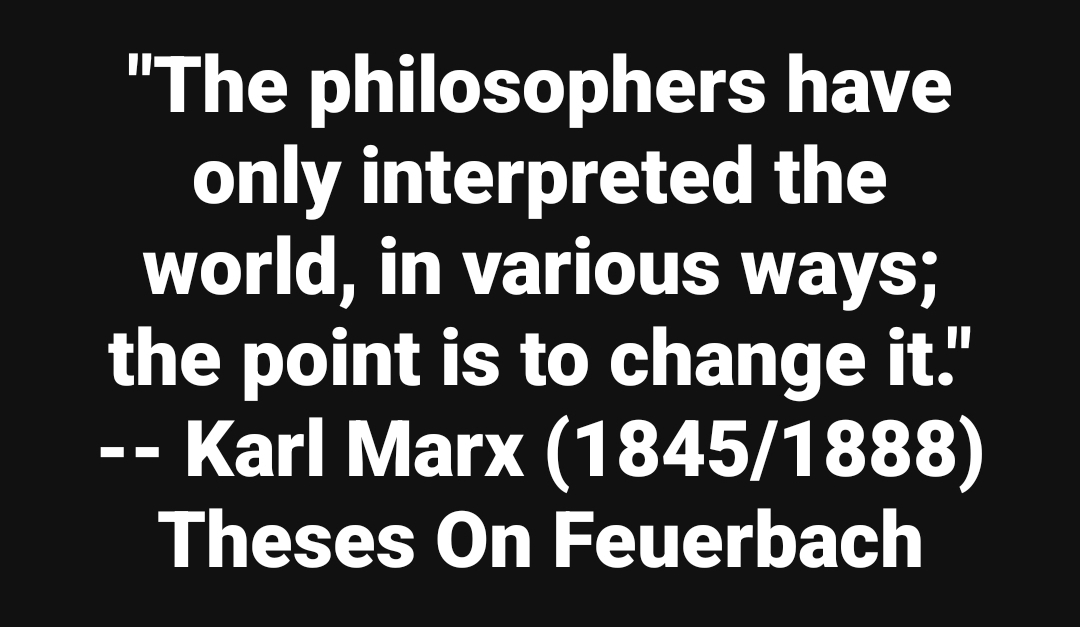
“If we imagine a university based on a more Marxist approach to intellectual way of life. It’s going to look extremely different.” — Jon Haidt
How different are we going to see it? I believe we are already seeing it as we speak.
“What kind of university do you want? Do want one focusing on finding truth through debate or one focused ultimately on changing the world?” — Jon Haidt
The idea that universities are choosing between two incompatible ideologies—truth or social justice—reflects a debate within higher education about the primary mission of academic institutions.
Here’s an overview of the argument and the key points typically involved in this discussion:
Overview of the Debate:
- Truth-Seeking Mission:
- Focus: Advocates of this view argue that the core mission of universities is to pursue and disseminate truth through rigorous, objective research and scholarship. This involves critical thinking, open debate, and the testing of ideas without ideological or political bias.
- Concerns: Those in favor of prioritizing truth worry that emphasizing social justice can compromise academic freedom and intellectual rigor. They argue that when social justice becomes the primary goal, it may lead to the suppression of ideas that are perceived as offensive or controversial, thus hindering the pursuit of truth.
- Social Justice Mission:
- Focus: Proponents of this perspective believe that universities have a responsibility to address societal inequities and promote social justice. This includes fostering diversity, equity, and inclusion, and ensuring that the education and research produced by the institution contribute to the betterment of society, particularly marginalized groups.
- Concerns: Supporters of this approach argue that a focus solely on “truth” can perpetuate existing power structures and inequalities, as what is considered “truth” has historically been influenced by dominant social groups. They contend that universities should be actively engaged in promoting justice and challenging systems of oppression.
“No university can pursue both. Individuals can in their own lives, but university has to have a central mission and has to be either truth or social justice. It can’t be both. . . . We need a schism. We need our universities to clearly declare, which way are you going. You can go either way. Its a free country. You got to go one way or the other and you have to be explicit about it, advertise it, and students can choose which kind of university to go to.” — Jon Haidt
Key Arguments:
- Compatibility or Incompatibility:
- Incompatibility Argument: Some argue that these two missions are inherently incompatible because a focus on social justice may require prioritizing certain outcomes or perspectives, which could conflict with an objective search for truth. For instance, if the pursuit of truth leads to findings that challenge social justice ideals, this could create tension within the institution.
- Compatibility Argument: Others believe that truth and social justice can be compatible, arguing that a deeper understanding of truth should naturally lead to a commitment to justice. They assert that universities can pursue truth while also being mindful of the social impact of their work, and that social justice can enrich the pursuit of truth by bringing diverse perspectives to the table.
- Academic Freedom vs. Safe Spaces:
- Advocates for a truth-seeking mission often emphasize the importance of academic freedom, where all ideas, even those that are unpopular or offensive, can be explored and debated. They argue that universities should be places where difficult and controversial issues are discussed openly.
- On the other hand, proponents of social justice may argue for the importance of creating “safe spaces” on campus where marginalized students can feel secure and supported. They may see certain speech or ideas as harmful and believe that protecting students from such harm is more important than unfettered academic freedom.
- Institutional Role:
- The debate also touches on the role of universities in society. Should they primarily be neutral spaces for the pursuit of knowledge, or should they actively engage in promoting social change? This question reflects broader philosophical differences about the purpose of education.
Suggestions for Reconciling the Two:
- Promote Inclusive Excellence:
- Encourage universities to pursue truth while ensuring that diverse voices are included in the conversation. This approach recognizes that truth is often enriched by multiple perspectives and that social justice can be an outcome of rigorous scholarship.
- Dialogue and Debate:
- Foster environments where both perspectives—truth and social justice—can be discussed openly and respectfully. Universities should cultivate a culture of debate where different views are not only tolerated but seen as essential to intellectual growth.
- Curriculum Development:
- Develop curricula that integrate both truth-seeking and social justice, showing students how rigorous analysis and ethical considerations can work together. For example, teaching about the history of scientific discoveries alongside discussions of their social impact.
- Institutional Values:
- Clearly define the values that guide the institution, ensuring that both truth and social justice are recognized as important, complementary aspects of the university’s mission.
This debate reflects broader societal tensions about the role of education and the responsibilities of academic institutions in a changing world. How universities navigate this issue will likely continue to evolve as they respond to the needs and expectations of their students, faculty, and society at large.
Unfortinately, the seeds of social justice (Marxism) has taken hold of most universities and squeezed out the pursuit of truth and have not taken Jon Haidts recommendation of choosing and advertising truth or social justice.
Parents aren’t aware of the two different ideologies happening and the infighting that the academic world is undergoing right now and has been going through for years.
Because it is hidden from students and parents, we send our kids in hopes to receive truth and come out social justice warriors, which are at the core of the Left.
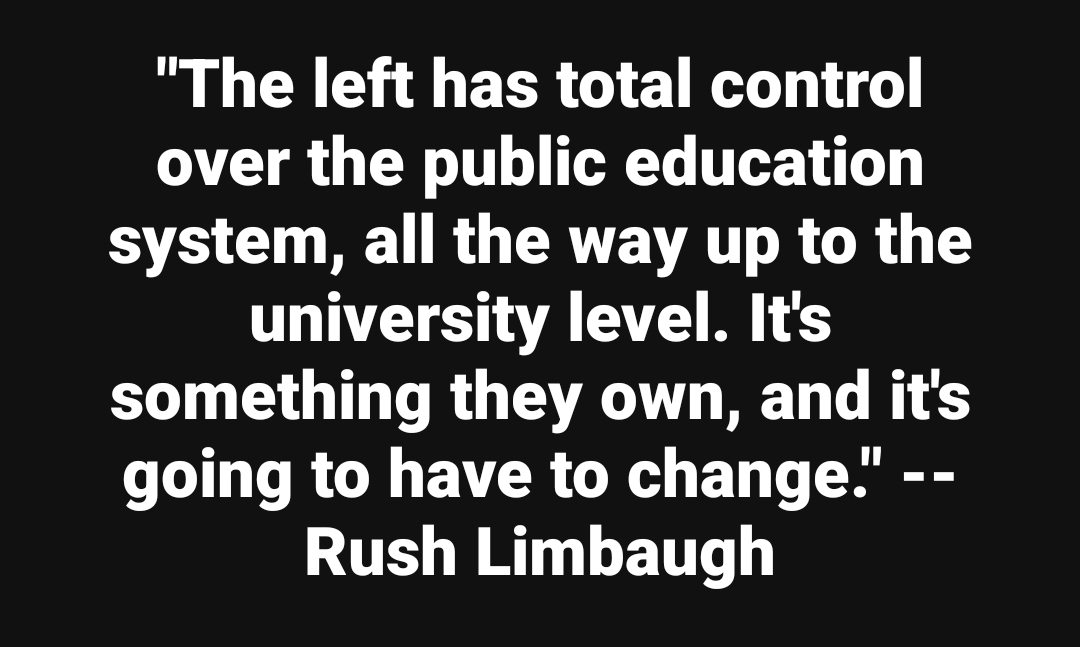
We can see how the Left has control of our education system from elementary to the university. They are sowing seeds of discontent towards parents, founding fathers, and God.
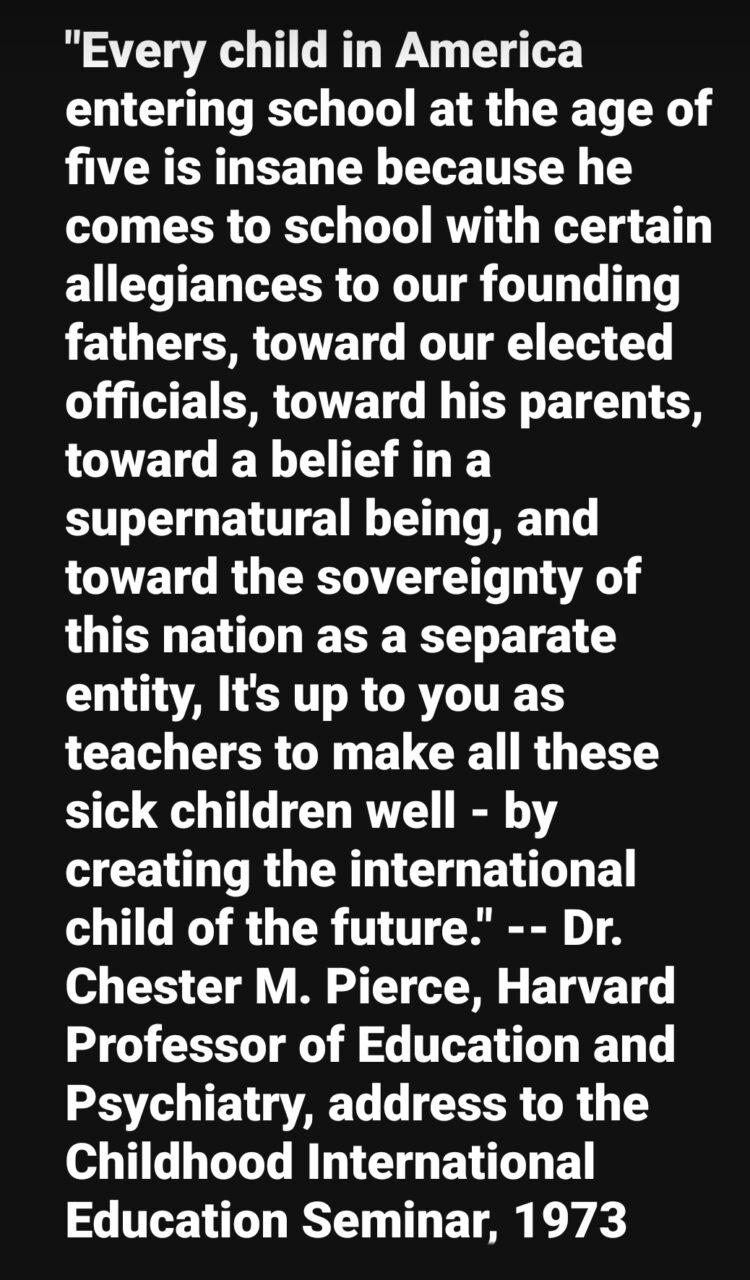
The irony is if students are taught truth by teaching critical thinking, they desire justice for all and will make the changes in society that will be fair and constitent for all men and women. By learning the truth, we seek justice because of the foundation of truth. It is based on reason, while social justice is based on emotions, bias, opinions, and the need to rely on force of government to effect change. By contrast, truth uses persuasion and consensus to effect change, which takes time.
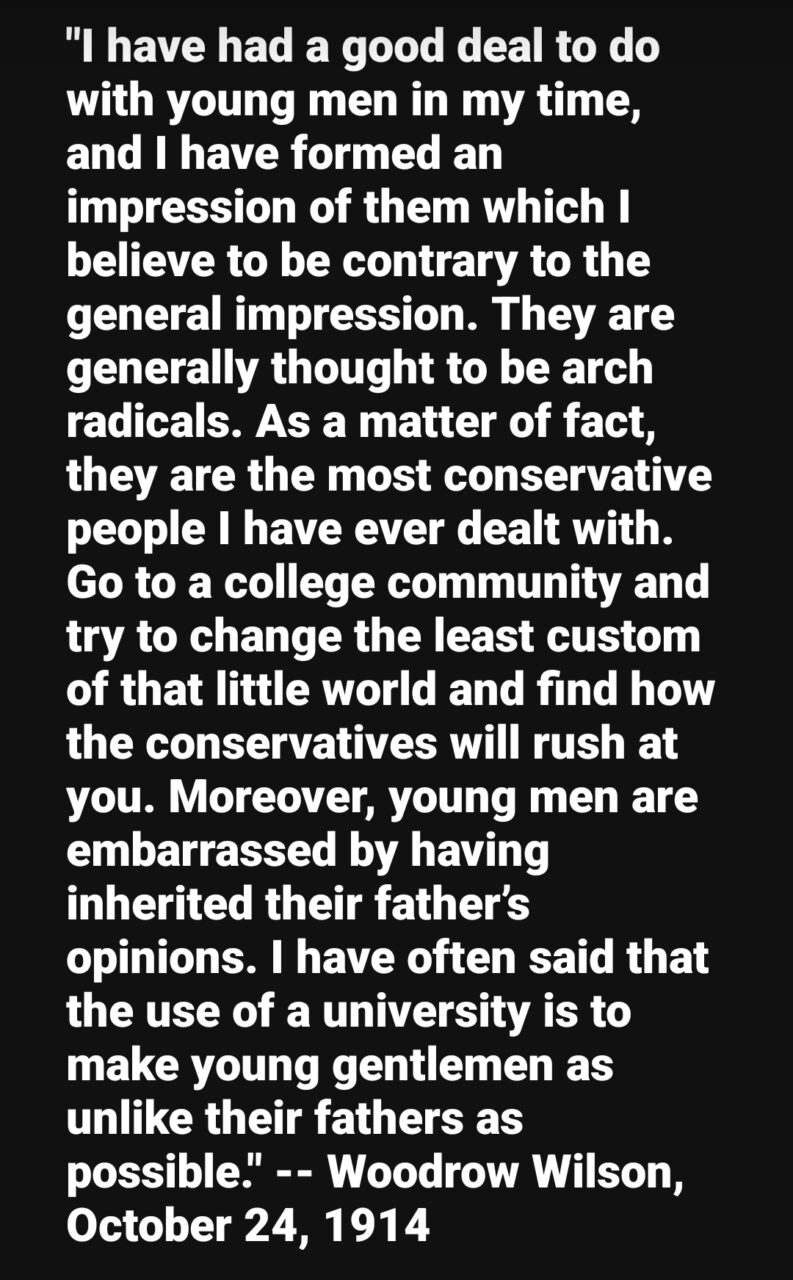
As parents, we desire the best education for our children. When we send them to higher education, they return home changed and do not represent our family values, as the universities “are to make young gentlemen as unlike their fathers as possible.”
The tyrants and oligarchs control the culture and have tricked the younger generation into confusing them and having them fight for the chains of tyranny by using the education system to their advantage (Tyrants Weapons: Using Schools As Indoctrination Centers).
“Tyrants may redefine the goals of a struggle to serve their own interests, misleading people into thinking they are fighting for freedom, justice, or prosperity when in fact they are fighting for the tyrant’s power and control.” (1)
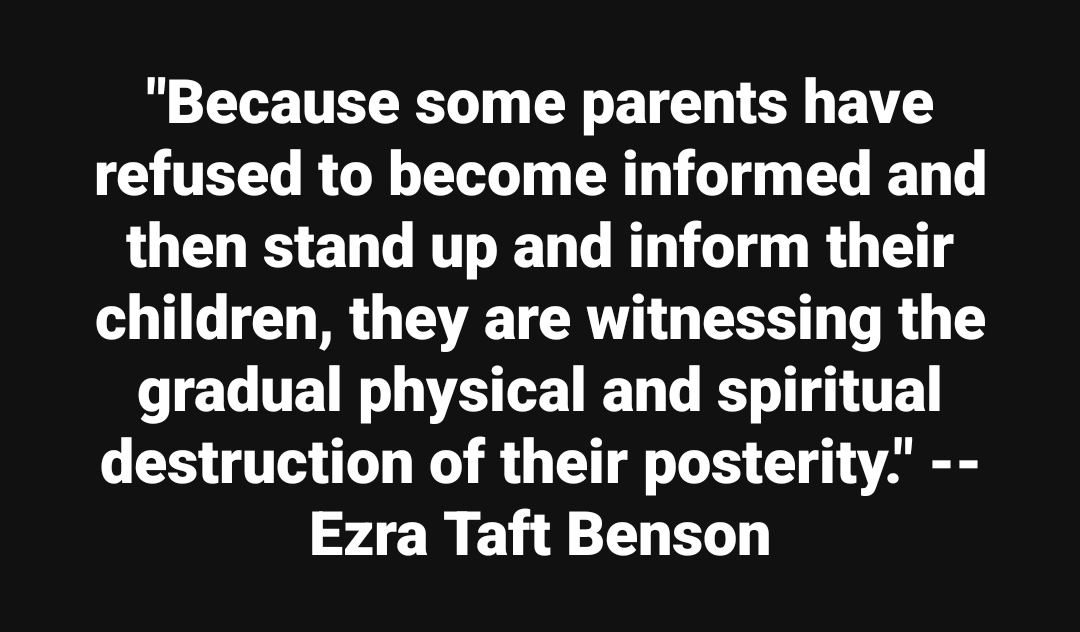
(1) Tyrants Rule By Unfairness, Deceit, Baseness, Uselessness, Mediocrity, & Degeneration

